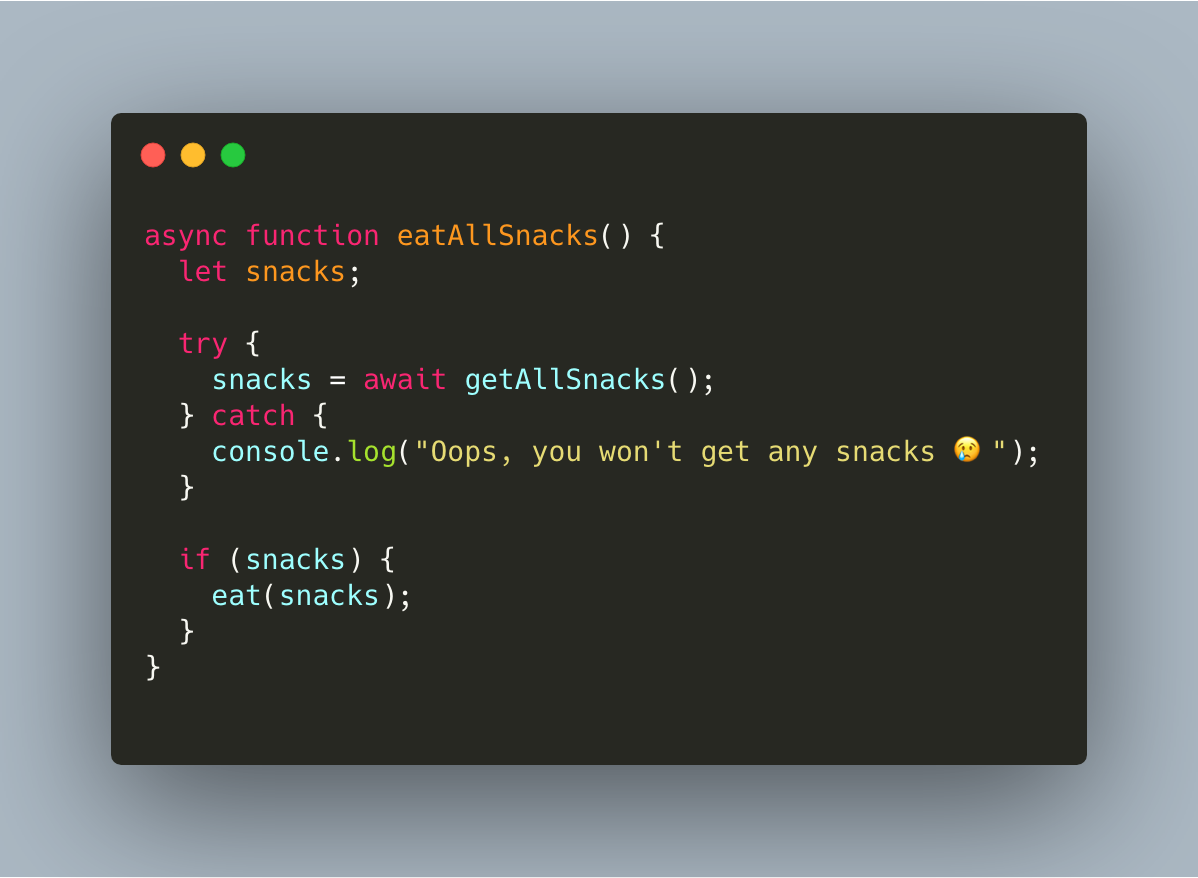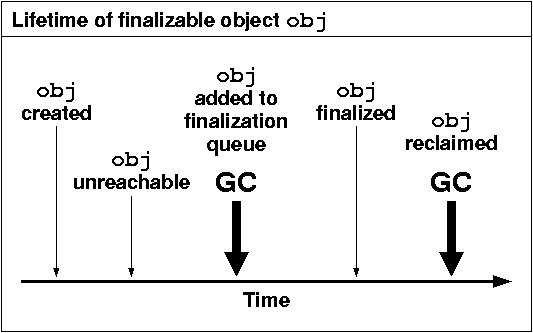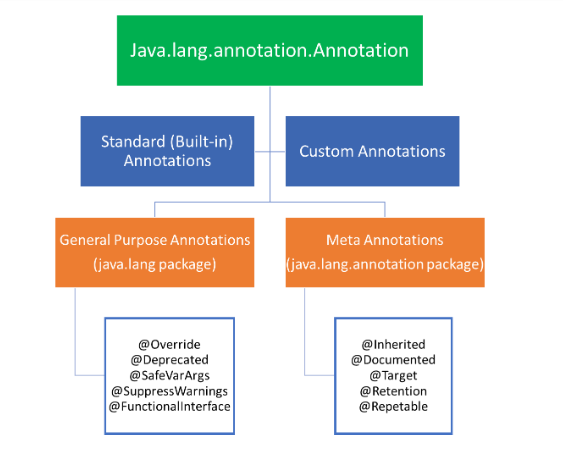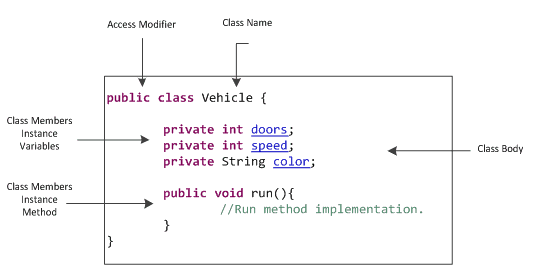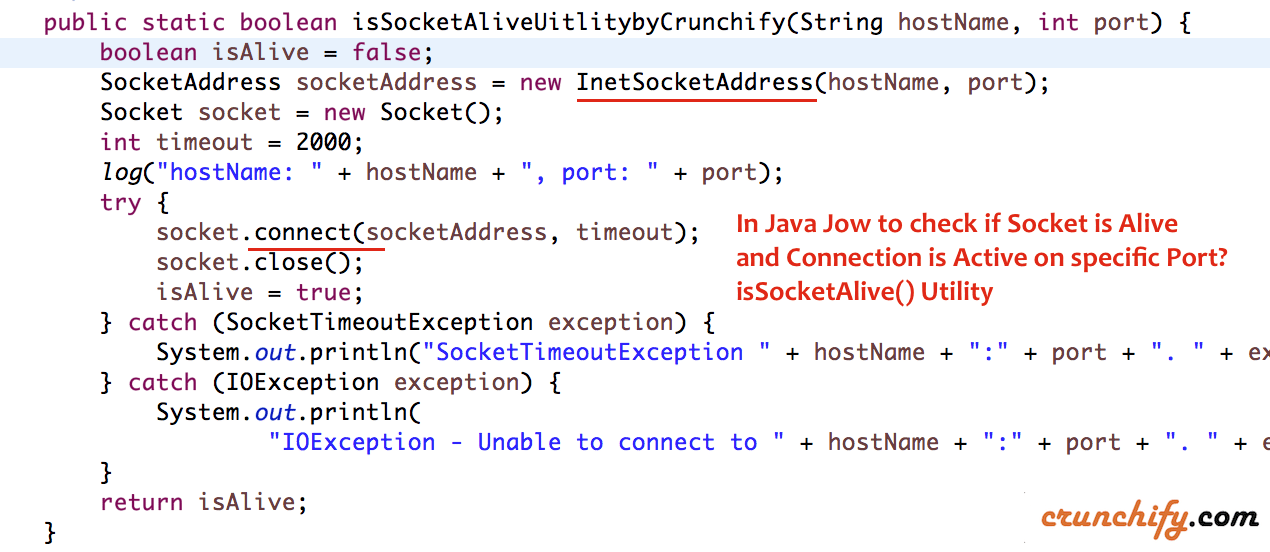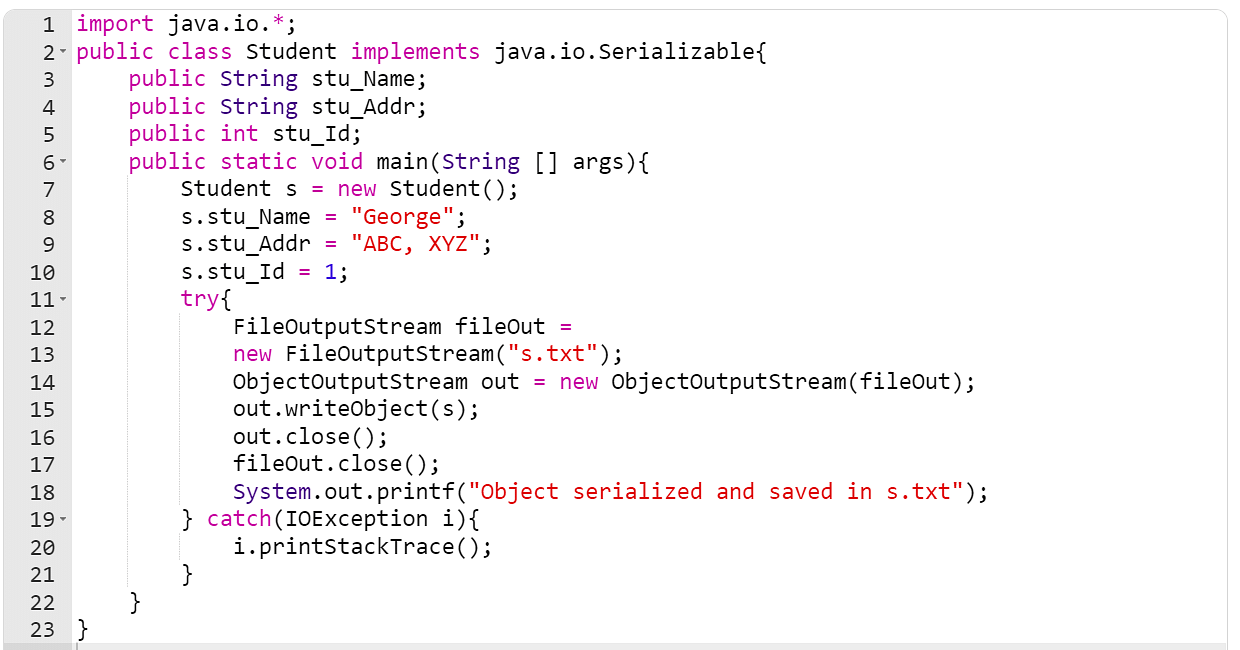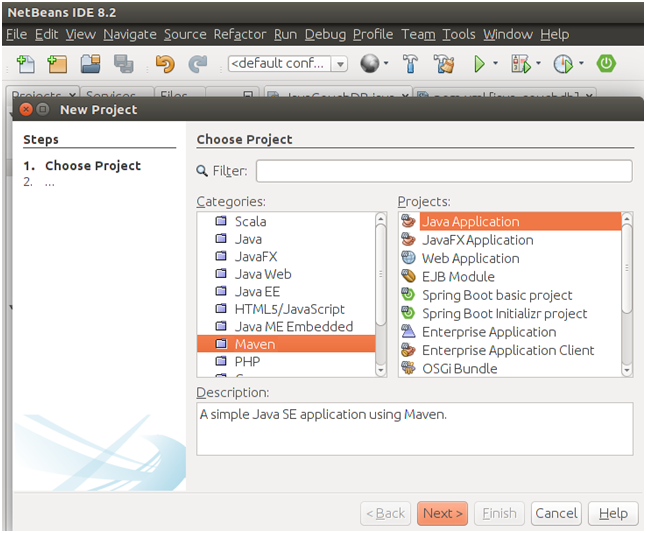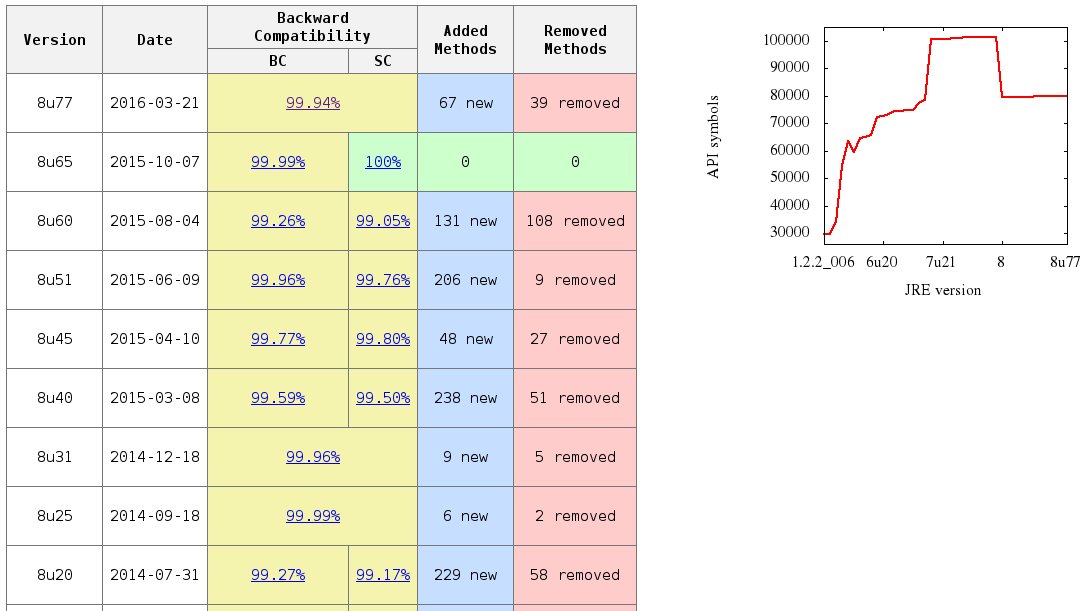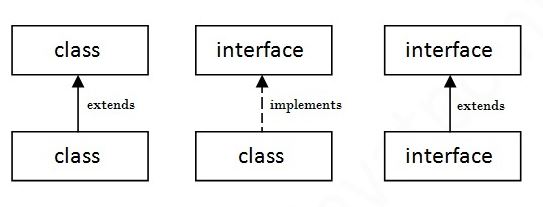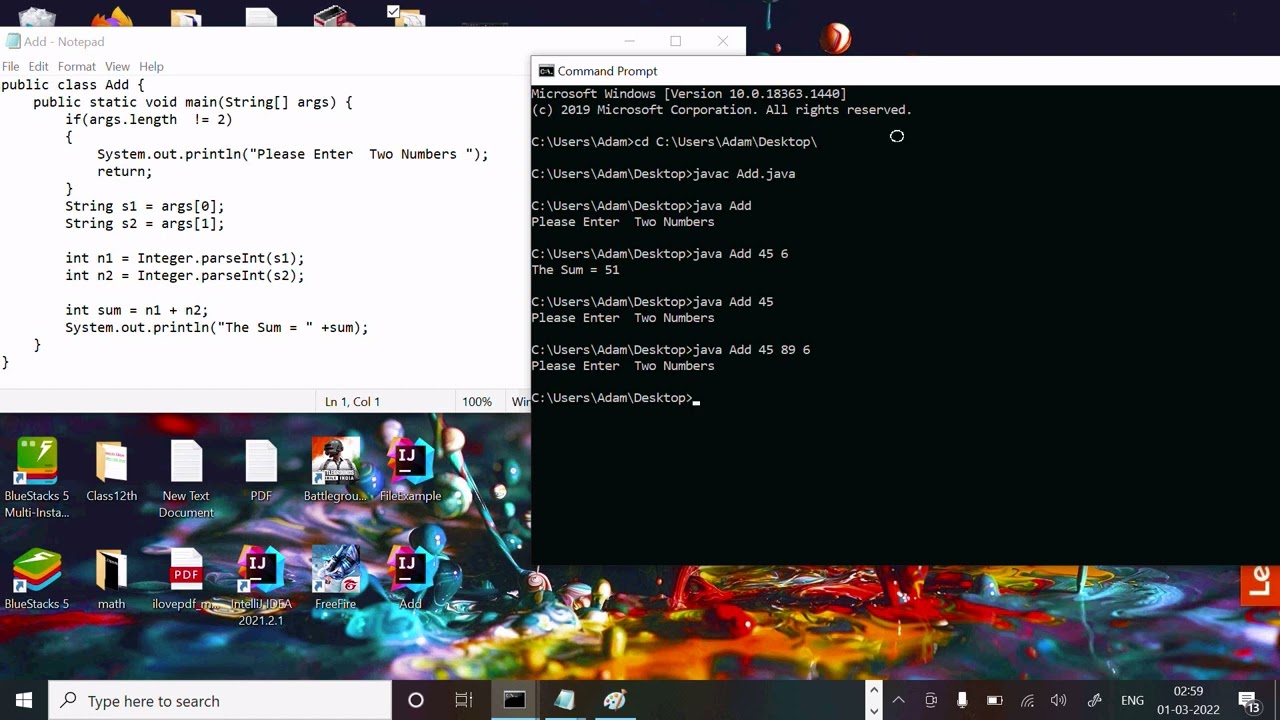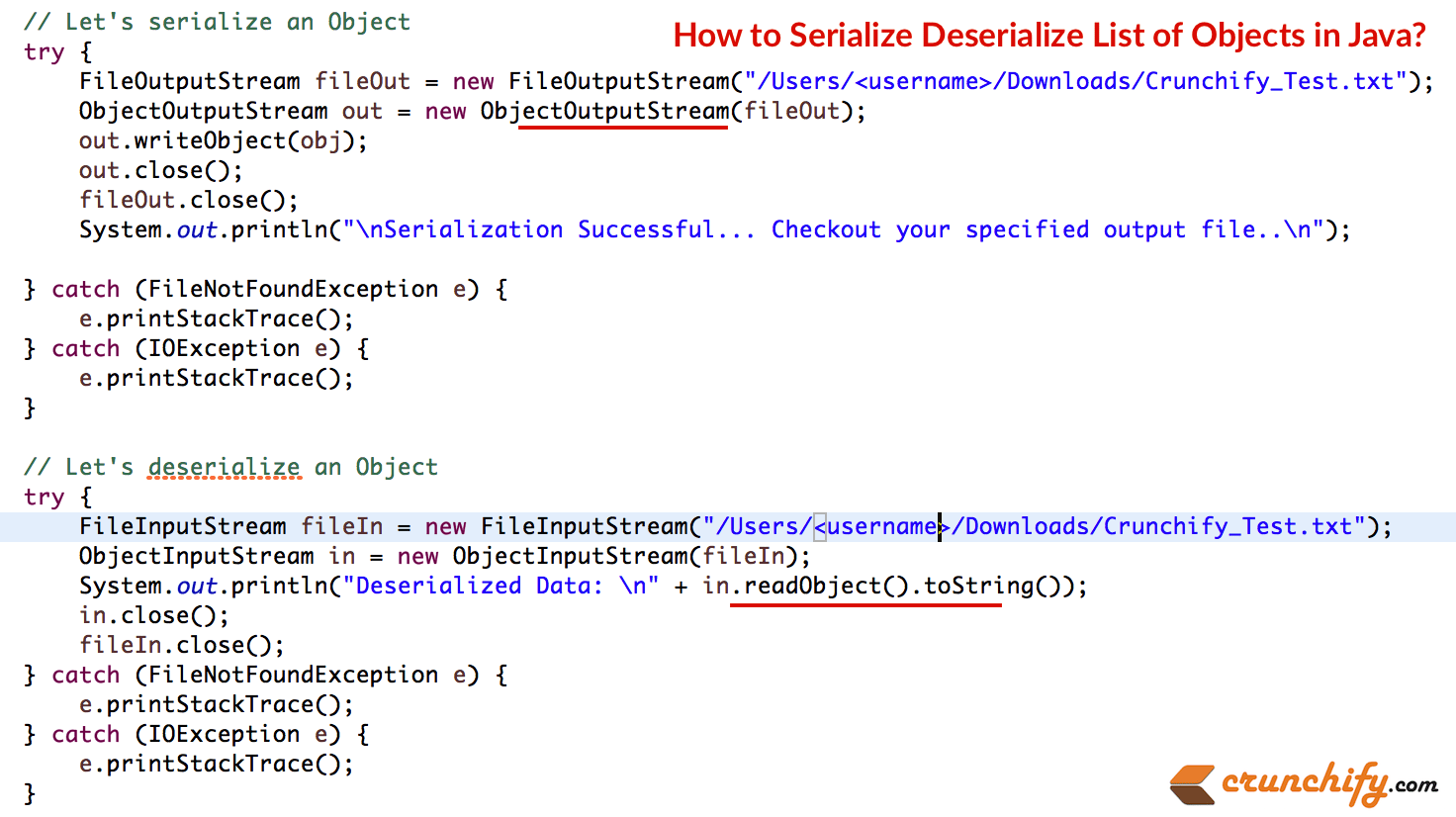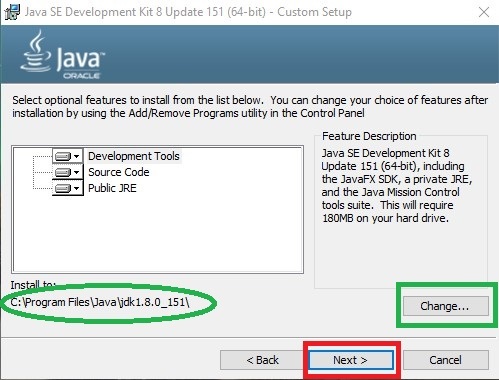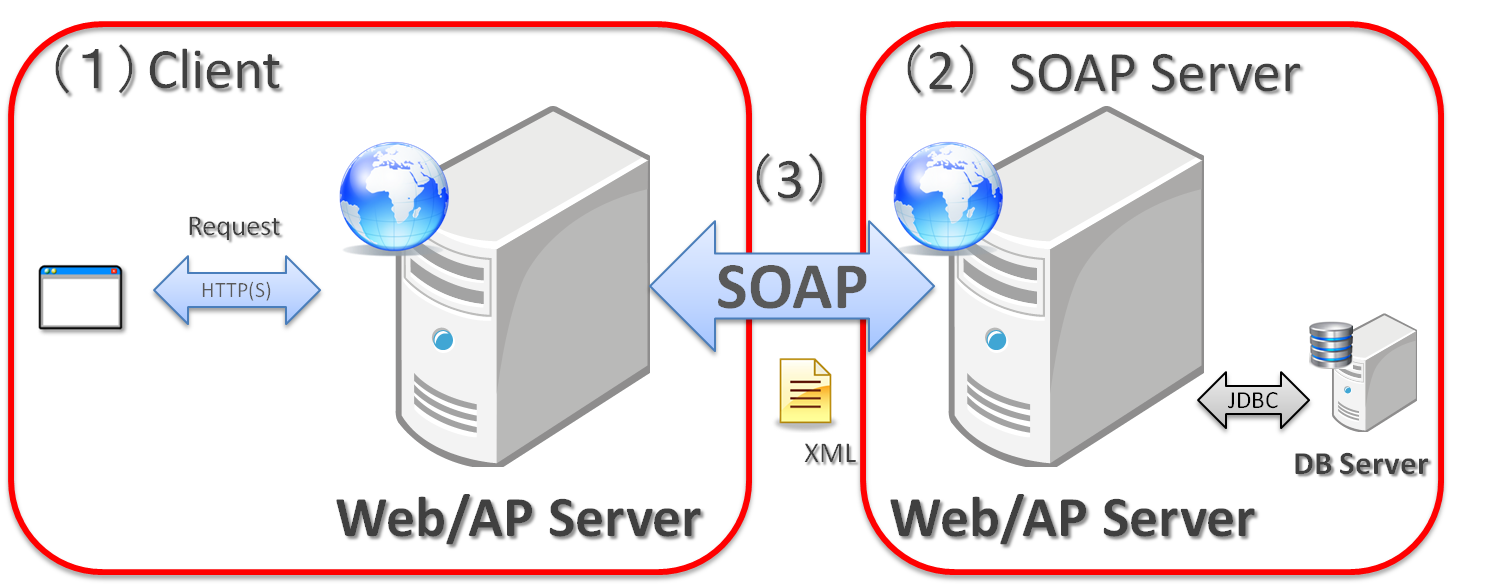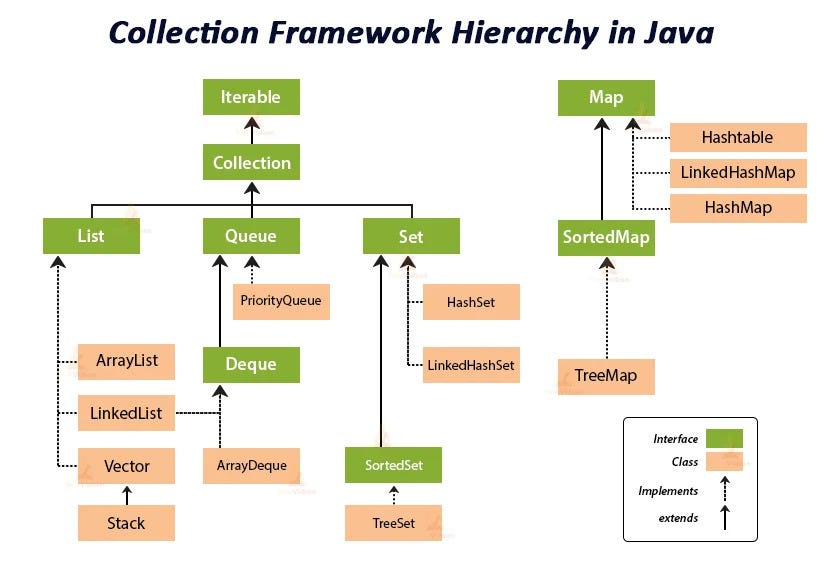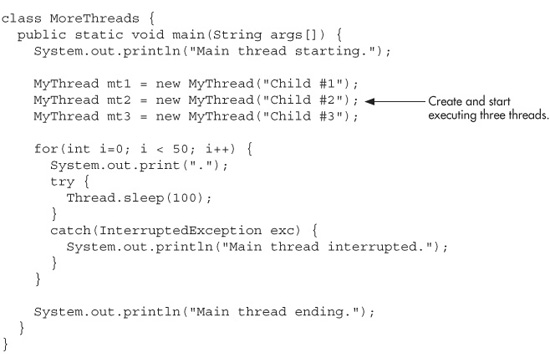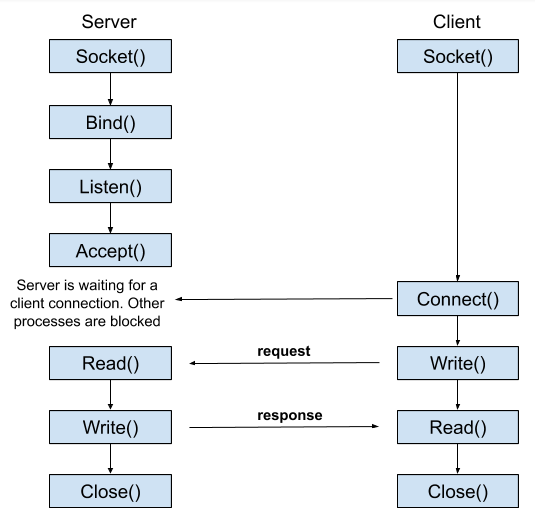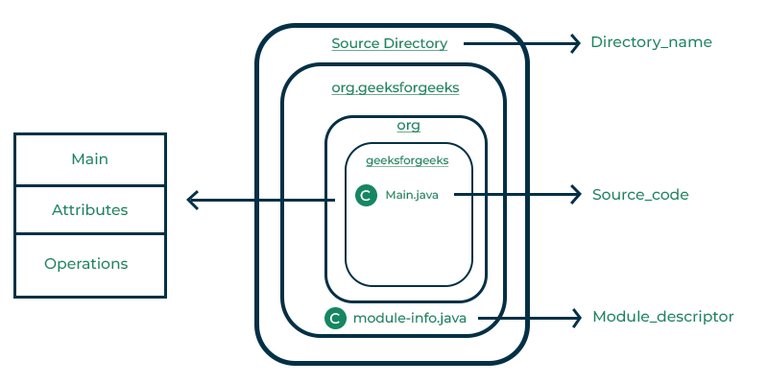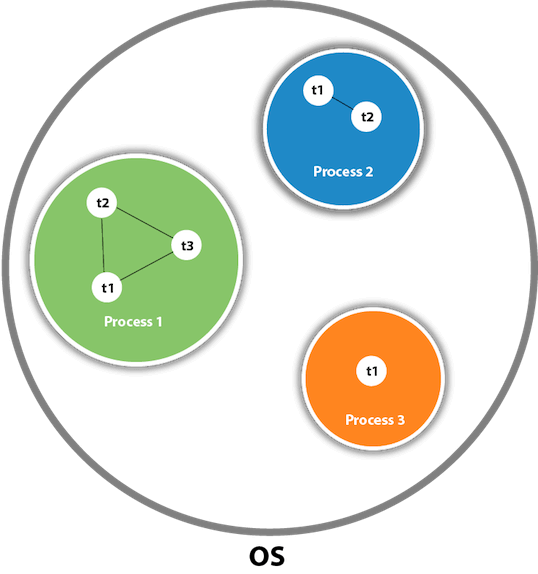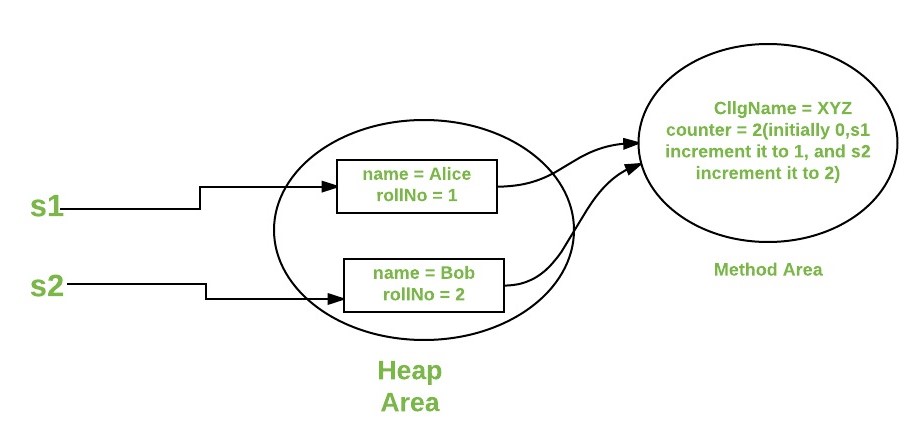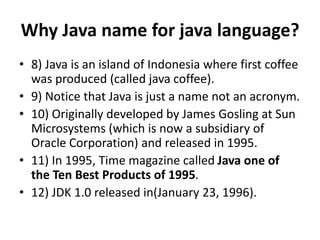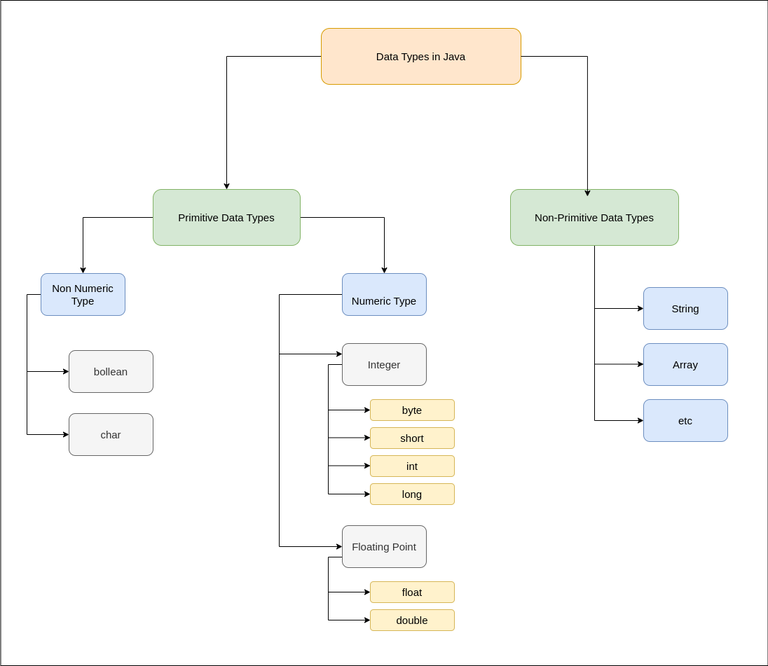What is the difference between local and global variables in Java?
What is the difference between local and global variables in Java?

I'm happy to help you with that!
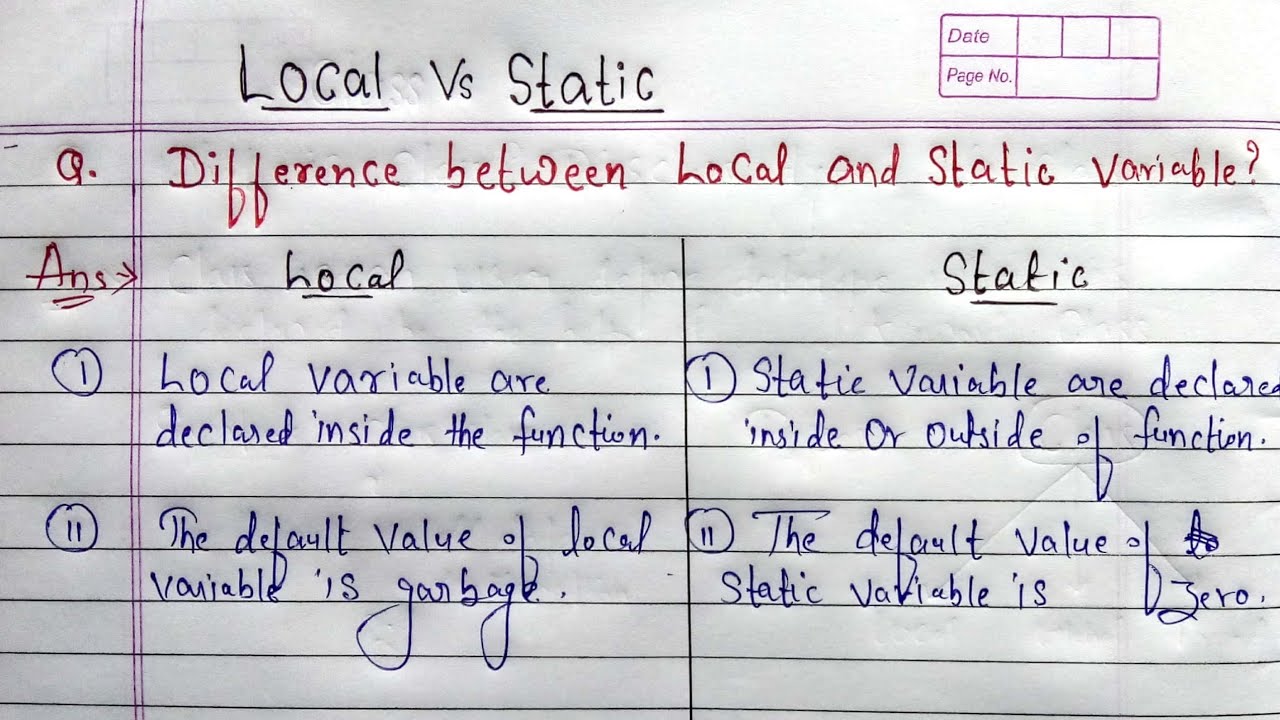
In Java, variables can be classified into two categories: local variables and global variables.
Local Variables
Local variables are declared inside a method or a block of code within the same class. They have a limited scope and are only accessible within that specific context. Here's why they're called "local":
Scope: Local variables are defined within a specific method, constructor, or block of code. This means their existence is tied to the execution of that particular piece of code. Accessibility: You can only access local variables from within that same scope. Outside of it, you'll get a compile-time error if you try to use them. Lifetime: Local variables exist only during the lifetime of the method or block where they were declared. Once the code finishes executing, the variable is destroyed.Example:
public class MyClass {public void myMethod() {
int x = 5; // local variable x
System.out.println(x);
}
}
In this example, x is a local variable that can only be accessed within the myMethod() method. You won't be able to use it outside of that method.
Global Variables
Global variables, on the other hand, are declared at the class level or as static members. They have a much broader scope and can be accessed from anywhere in the program. Here's why they're called "global":
Scope: Global variables are defined within a class (or outside of any method) and can be accessed from anywhere within that class. Accessibility: You can access global variables from any method or block within the same class. Lifetime: Global variables exist throughout the entire program, as long as the class remains loaded in memory.Example:
public class MyClass {public static int x = 5; // global variable x
public void myMethod() {
System.out.println(x);
}
}
In this example, x is a global variable that can be accessed from anywhere within the same class. You can use it in any method or block.
Key differences
Here are the main differences between local and global variables:
Scope: Local variables have a limited scope (method/block), while global variables have a broader scope (class-wide). Accessibility: Local variables can only be accessed within their declared scope, whereas global variables can be accessed from anywhere within the same class. Lifetime: Local variables exist only during method execution and are destroyed afterwards. Global variables persist throughout the program's lifetime.In summary, local variables are defined within a specific context and have limited accessibility, while global variables are declared at the class level and can be accessed from anywhere in the program.
Local variable in java with example
I apologize for the misunderstanding earlier! Here's a detailed explanation of local variables in Java, along with examples:
In Java, a local variable is a variable that is declared within a method or a block of code. It has its own scope and is not accessible outside the method or block where it was declared.
Let's consider an example to understand this better:
public class MyClass {public void myMethod() {
int x = 10; // local variable declaration
System.out.println("Value of x inside the method: " + x);
// x is still accessible here, because it's within the same scope
System.out.println("Value of x again: " + x);
}
public static void main(String[] args) {
MyClass obj = new MyClass();
obj.myMethod();
// trying to access x from outside the method will result in an error
// System.out.println("Value of x outside the method: " + x); // compiler error: variable x might not have been initialized
}
}
In this example, x is a local variable declared within the myMethod() method. It is accessible only within that method and cannot be accessed directly from the main() method or any other part of the program.
Here are some key points to note about local variables:
Scope: Local variables have a limited scope, which is the method or block where they were declared. Accessibility: Local variables can only be accessed within their scope and not outside it. Lifetime: The lifetime of a local variable is determined by its scope. It exists until the method or block completes execution.When you declare a local variable, Java automatically assigns memory space for that variable. This memory space is allocated on the stack, which means that the memory is released when the method or block finishes executing.
Here's another example to demonstrate this:
public class MyClass {public void myMethod() {
int x = 10; // local variable declaration
// using x within its scope
System.out.println("Value of x: " + x);
// after the method ends, x is no longer accessible
// System.out.println("Value of x after the method: " + x); // compiler error: variable might not have been initialized
}
public static void main(String[] args) {
MyClass obj = new MyClass();
obj.myMethod();
// trying to access x from outside the method will result in an error
// System.out.println("Value of x outside the method: " + x); // compiler error: variable might not have been initialized
}
}
In this example, we declare a local variable x within the myMethod() method. After the method ends, any attempt to access x from outside the method will result in a compiler error.
I hope this explanation helps you understand local variables in Java better!
